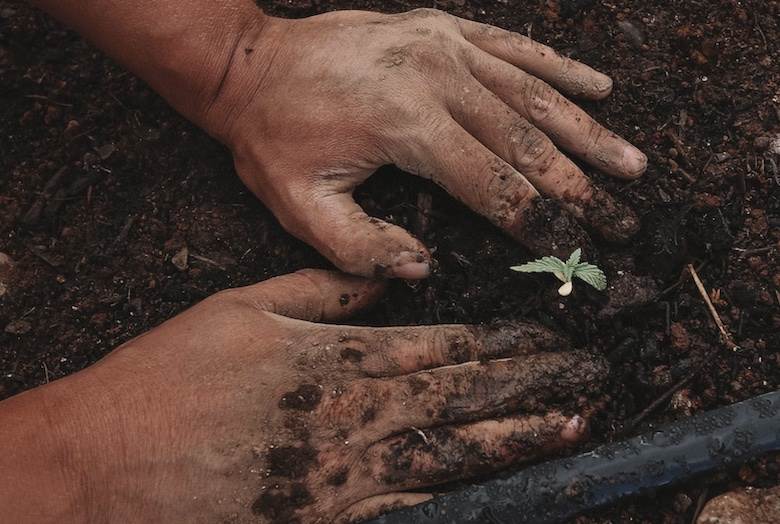Korean province bets big on local hemp fibre
24/03/2022

Existing hemp production in Andong is limited, so the goal is to establish a facility capable of large-scale manufacturing and supply of hemp fibres to Korean textile and apparel companies interested in the “eco-friendly” fibre, as well as yet unspecified industrial usage, such as in packaging and household products.
The new complex’s ties to the wider region’s expanding hemp cultivation is expected to contribute significantly towards boosting the income of local farmers, according to reports, on top of supporting the revitalisation of agricultural hemp more broadly in the country.
From now until 2026, the province will also invest a little under $20 million in the creation of a site dedicated to the recycling of biomass resources such as rice husks and pulp into cellulose nanofibers (CNFs) in the city of Gyeongsan, just over 80 kilometres south of Andong by train. Notably, regional administrators recently secured eight CNF-related patents as part of a broader investigation into CNFs’ ripeness for industrial-scale production, with the national government reportedly supportive of their commercialisation.
Governor of North Gyeongsang province, Lee Cheol-woo, commented: “With environmental, social and governance management emerging as a hot topic, we are creating a base for cellulosic, eco-friendly materials that can be used in various industries across Andong and Gyeongsan. We will actively support local companies to achieve competitiveness in domestic and overseas markets, and to dominate in this area.”
Accordingly, the region is now promoting major transformation within its textile industry and prioritising cellulose fibres as a “replacement” for relatively more common synthetic and chemical fibres as a result. It has invested roughly $4 million so far, including implementing improvements in the production - and promotion - of recycled polyethylene terephthalate (rPET) as an alternative to virgin plastics.
Image: GreenForce Staffing via Unsplash.










